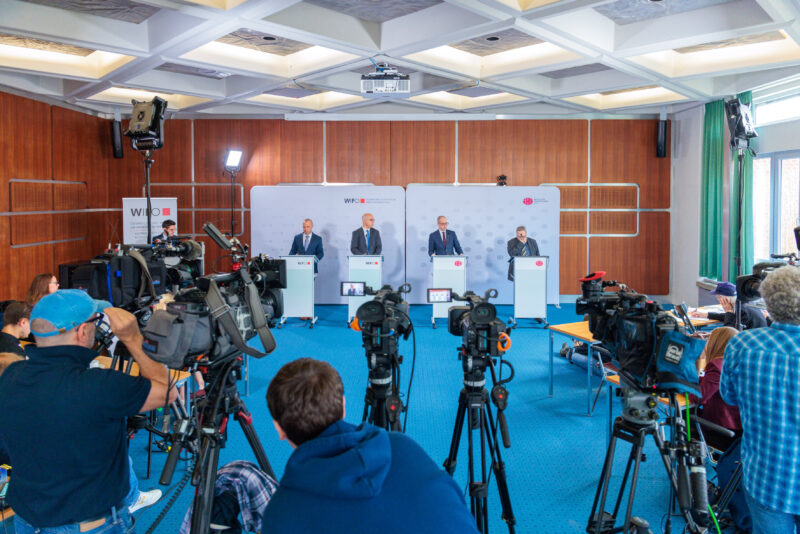
Why We Urgently Need an Euro Area Reform
The complete commentary was published in German in the daily newspaper "Die Presse" on 12 June 2019: https://diepresse.com/home/meinung/gastkommentar/5643201/Warum-wir-dringend-eine-Euroreform-brauchen
In comparison with the USA, the euro area suffered a very slow economic recovery after the crisis and during the euro area crisis, because it lacked the instruments to counteract the shock. It was also partly due to the close link between public finances and the banking system (the sovereign-bank nexus), which increased uncertainty in the euro area and turbulences in financial markets. The only instrument for economic recovery was the ECB's expansionary monetary policy, which helped the economy and prevented financial market panics, but even the arsenal of the ECB has its limits. After the ECB reached the zero-lower bound on its interest rates and implemented non-conventional monetary policy in the form of QE, a more active fiscal policy would have contributed to a faster economic recovery, but the current fiscal rules prevented this. A better solution earlier would also have prevented the current conflict between Italy and the Commission and would have hindered the popularity of the current unsuitable budget proposals.
In the future, the entire burden of crisis resolution must not be left again on the shoulders of the ECB. In order to overcome this weakness, there were several academic and political proposals throughout recent years. Some see the solution in more economic integration for the euro area, others in stricter rules. This has led to an intense academic debate: do we need more risk sharing in the euro area or more market discipline? But in the USA both mechanisms are stronger and institutionalised and thus they do not necessarily contradict each other. In terms of more integration, a common fiscal policy mechanism to provide fiscal stimulus can be useful for the cases in which the ECB is already at zero interest rates or for the case of shocks in specific countries. The current fiscal rules also need to be improved because they are pro-cyclical and inefficient. In order to overcome future recessions more quickly, the IMF proposed last year a large euro area "rainy day fund", but received little support from EU countries for it. In terms of more market discipline, the completion of the Banking and Capital Markets Union requires the breaking of the vicious cycle between banking systems and public finances and an European Deposit Insurance Scheme. To break the first problem, the introduction of European bonds (ESBies) was proposed – however without joint liability. A common European Deposit Insurance has at least long been seen as necessary prerequisite for the completion of the Banking Union, but several countries want to wait in implementing until all countries have reduced banking risks (and NPL ratios) to the same level – a very unlikely goal.
Thus, after the intensive discussions of the past two years there seems to be no breakthrough on euro reform. The most recent consensus agreement is on a very small euro area budget, which will only be used to fund competitiveness and convergence reforms. It will thus have no role in macroeconomic stabilisation in future economic crisis. After all the significant reform proposals, the necessary consensus was not found. But the intellectual debate is at least crucial for finding the right answer at the particular moment in the future where political compromises will make it feasible to strengthen the euro area in a healthy and efficient manner.
Publications
Please contact
























